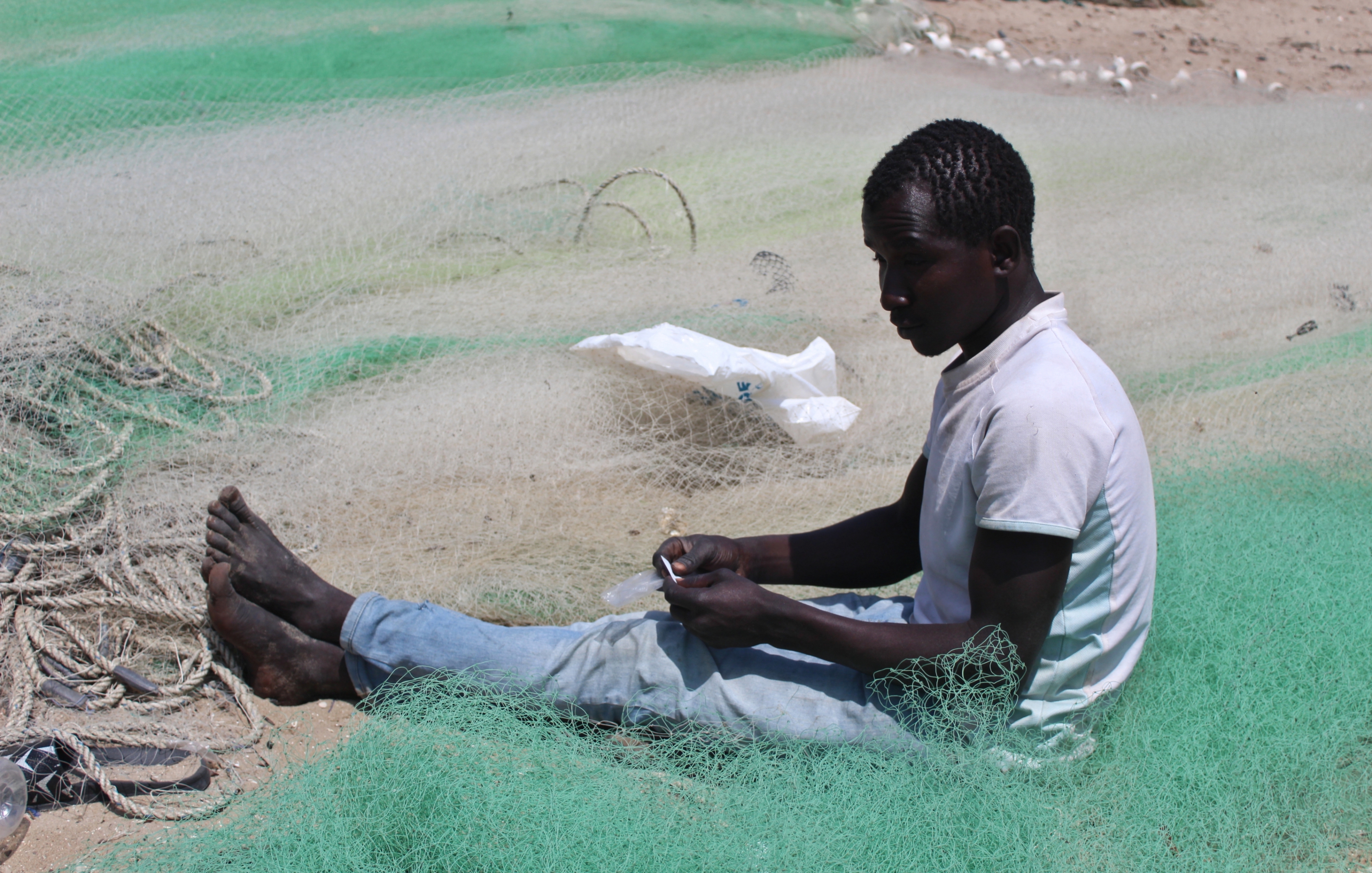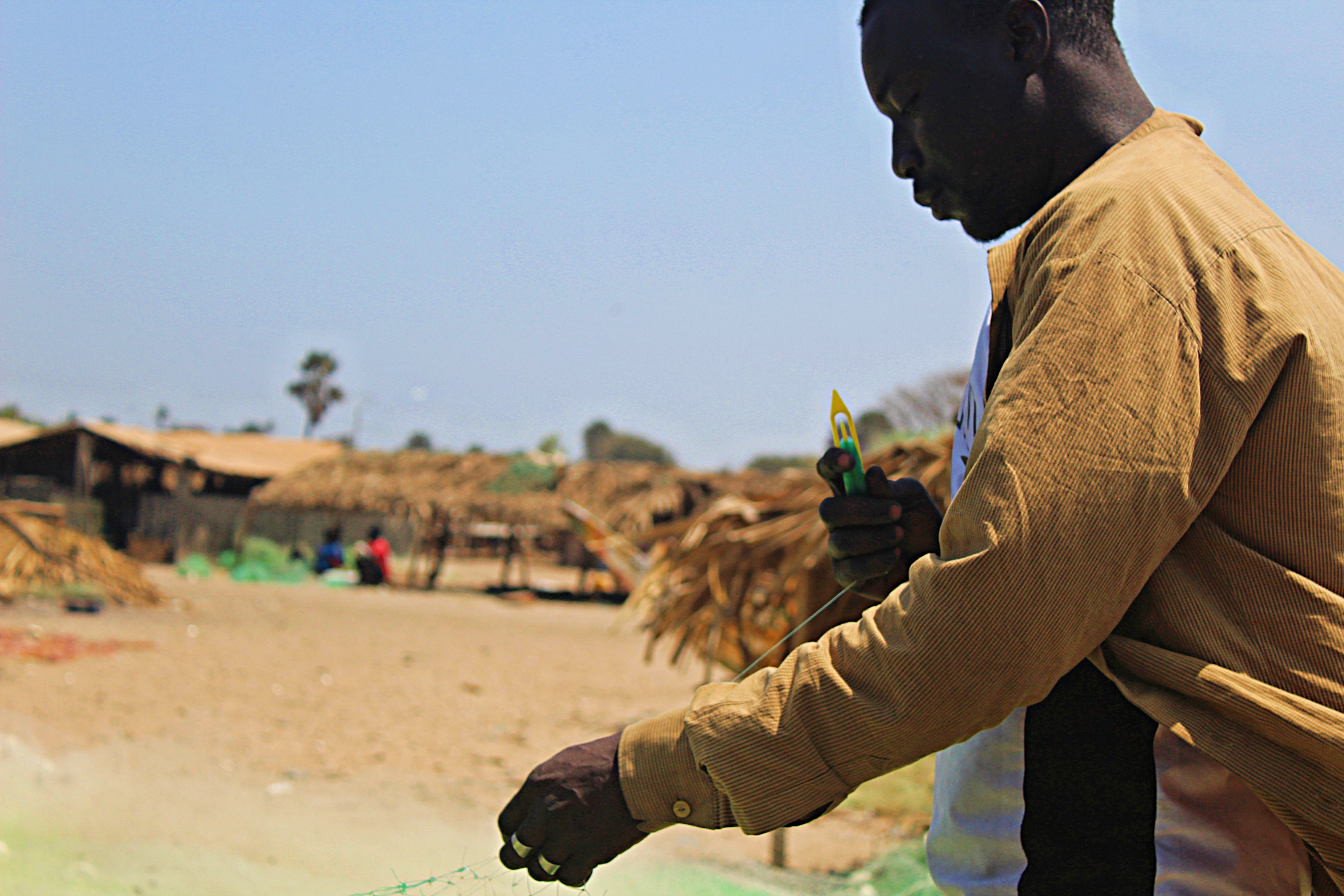
Years ago, the North Atlantic was bountiful. It yielded more than 800 species of fish, and Gambian fishermen either ate what they caught or sold it onto fishmongers in the local markets. This is changing.
After decades of overfishing, the world's oceans are emptying. With 90 percent of fisheries nearing collapse, West Africa's fertile fishing zones provide new grounds for catches. A largely unchecked foreign fishing industry has intensified fishing to record levels in West Africa, drawn by the unexploited potential of Africa's pelagic stock.
Most of this is turned into fishmeal for international export. The emergence of commercial fish processing plants in the Gambia, mainly Chinese owned, have led to shrinking incomes for fishmongers and higher prices for residents. The price of 'bonga,' the cheapest fish on the market and a key source of protein in the diets of Gambians, has been steadily rising.
For locals in the fishing industry who see their sales depleted monthly, there are no other means to make a living but to migrate to Europe. Others are resolved to suing the factories directly.
The project explores the relationships of Gambians with the ocean, the crisis they are witnessing, and the attempts to solve it.
-
×
 English
English






